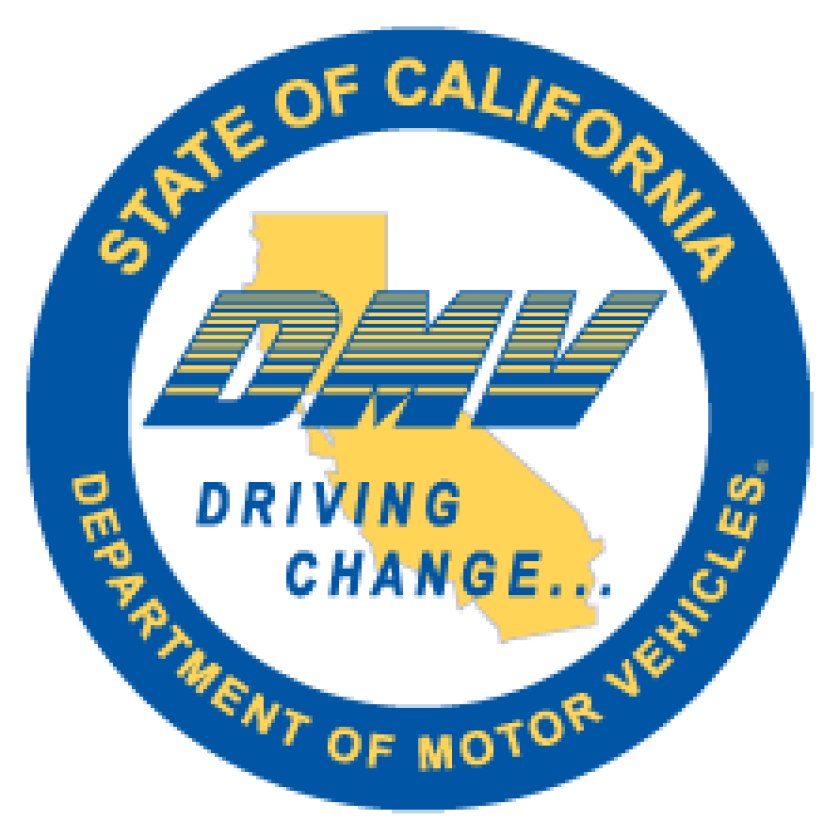
The U.S. Department of Homeland Security (DHS) congratulated Gov. Gavin Newsom in a notification letter May 22. Elizabeth Neumann, DHS assistant secretary for threat prevention and security policy in the Office of Strategy, Policy, and Plans, said in the letter implementation of an “updated corrective action plan” meets “the standards of the Act and regulation.” Greg Lawson, DMV’s acting deputy director of public affairs, said the letter "officially” closes a chapter that began April 8, when DHS notified Newsom that Californians applying for Real ID would need to provide additional proof of residency. But, Lawson said, it’s also a milestone on the path to what’s next in alerting residents about Real ID, required by Oct. 1, 2020, for people who want to board airplanes without having to bring a passport; and updating how people do business with DMV. Among the takeaways:
• The letter also ensures DMV can administer Real ID as prescribed by DHS. DMV has said DHS officials “changed their minds” after initially agreeing that California would require one proof of residency up front during Real ID application and confirm the second via mailing out the new card. DMV has required applicants provide two proofs of residency up front since April 29. Knowing the agency is now in full compliance effectively lowers the flag on alerting and educating residents about when and why they need the card — no small task in a state of 40 million people, Lawson said.
“That kind of lets us go full steam ahead in all the different plans that we have to put Real ID out there for California. It’s really more of a stamp of approval, so to speak,” Lawson said.
• DMV is working to improve awareness in three major ways. It will build on the success in April of a pop-up field office at a large employer, Health Net offices in Rancho Cordova. The one-day deployment served 78 people, and the agency wants to repeat the offering in hopes of signing up scores more people at one time for Real ID. Sometime around mid-summer, DMV also plans to roll out informational Real ID touchscreen kiosks at local airports. Discussions are underway, and locations aren’t ready to be announced. The agency is also reworking its website to streamline and clarify online access, an update that should be finished later this year. Both these efforts could ensure residents do more business with the DMV online, and minimize their time at field offices.
• The ongoing costs of achieving federal compliance aren’t yet clear, and neither are the overall costs of implementing Real ID. DMV continues to scrutinize numbers, but costs are likely to mount. On May 20, the department began mailing out letters to approximately 3.6 million residents who already have Real ID but provided only one proof of residency, asking them to indicate their address is correct on a form; and mail it back postage-paid to prove residency. Each represents two mailings in one; and Lawson said repeat mailings will probably be needed to reach residents who don’t initially respond. In his revision to the governor’s proposed budget May 8, Newsom sought an additional $163 million to help DMV grapple with issues including Real ID. About $10 million of that would likely apply directly to Real ID, Lawson said.
• DHS’ encouragement in its letter that the state “take the steps necessary” to inform residents about Real ID are just a recommendation, Lawson said, noting DMV’s job is “to pretty much facilitate the program, do what we can to get the word out.” Upcoming media buys should help educate residents, he said, as will “grass-roots efforts” that include sending representatives of its speaker bureau to address groups of 50 or more on Real ID.




